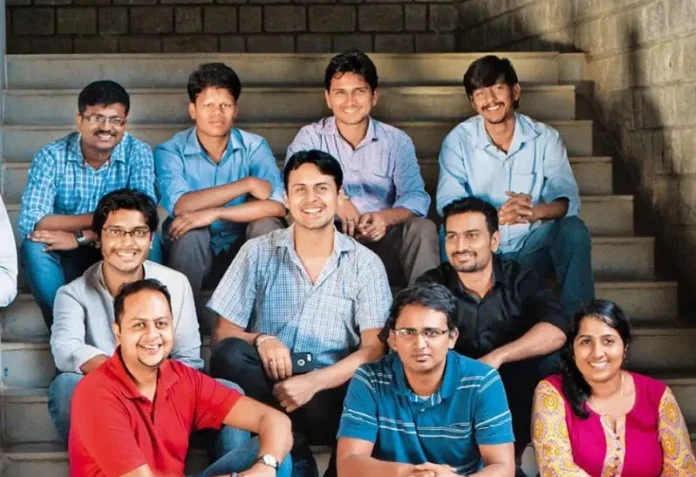In a move to provide young people with profitable work experience, skills and connections in their desired fields, the government is working on a portal to help match their skill sets with internship opportunities in the top 500 companies.
The portal will enable youth to apply for internships directly with a special package announced in the budget. In the coming weeks, the ministry of corporate affairs will announce the guidelines for the internship scheme, after which the portal will be made active.
Applying directly to top companies can be intimidating, but with the right direction and support, youth can increase their chances of attaining internships and launching their careers. The portal will likely centralise the application process.
Some potential benefits of this scheme include simplified and clear application process for both applicants and companies, gaining hands-on experience and industry awareness, increased accessibility and equity for marginalised groups and building and making professional networks and mentorship opportunities. It will also help in upgrading matching of applicants’ skills and company needs.
According to the scheme, interns will receive a monthly allowance of Rs 5,000. This allowance will help cover living expenses and other costs associated with taking on an internship. In addition, eligible interns will also receive a one-time assistance of Rs 6,000. Interns will gain exposure for 12 months in real-life business environments, varied professions and employment opportunities.
According to the scheme, companies participating in the internship programme will be responsible for bearing the training costs and 10% of the internship costs from their Corporate Social Responsibility (CSR) funds. The government will bear the remaining 90% of the internship costs. This ensures that companies invest in the training and development of interns while also sharing the financial burden with the government. The use of CSR funds for internship costs encourages companies to contribute to the skill development of young people and gives back to society.
This 12-month duration allows interns to gain hands-on experience in their chosen fields, develop industry-specific skills and knowledge, build professional networks and connections, explore different career paths and opportunities and enhance their employability and career prospects. By the end of the internship, interns will be better equipped to enter the workforce, pursue further education or start their own ventures.
In July, the Prime Minister’s Package for Employment and Skilling, issued by Finance Minister Nirmala Sitharaman in the Union Budget for 2024-25, had an overall outlay of Rs 2 lakh crore. This package intends to facilitate employment, skilling and other opportunities for 4.1 crore youth over a five-year period.
The package will assist 25,000 students annually under revised the Model Skill Loan Scheme and provide e-vouchers for loans up to Rs 10 lakh for higher education in domestic institutions, benefiting one lakh students every year. This initiative is part of the government’s efforts to make higher education more accessible and affordable. The e-vouchers will be given directly to the students, and they will receive an annual interest subvention of 3% on the loan amount. This means that the government will cover 3% of the interest on the loan, making it easier for students to repay it. The initiative is expected to guide 20 lakh youth over the next five years.
The scheme will be implemented in collaboration with state governments and industry, and will focus on skilling programmes, with 1,000 Industrial Training Institutes (ITIs) being upgraded in hub and spoke arrangements. The hub-and-spoke model will allow for more efficient use of resources, with the “hubs” serving as central locations for resources and expertise,
and the “spokes” being the individual ITIs that will benefit from the resources and support provided by the hubs. This move is part of the government’s efforts to enhance vocational training, address emerging industry needs, and provide financial support to facilitate access to skill development opportunities.
The employment-linked schemes announced by the government include that financial assistance will be provided directly to the beneficiaries’ accounts to encourage employment. Manufacturers will receive incentives for creating new jobs. Employers will be reimbursed for a portion of the salaries or training costs, encouraging them to hire and train more employees.
—By Shivam Sharma and India Legal Bureau


